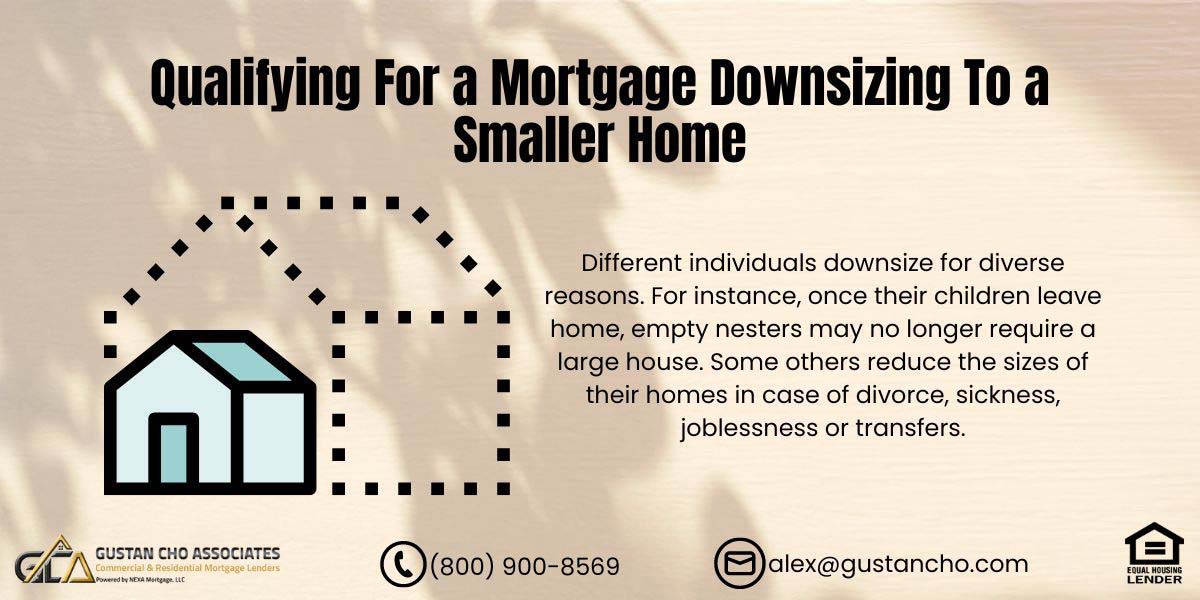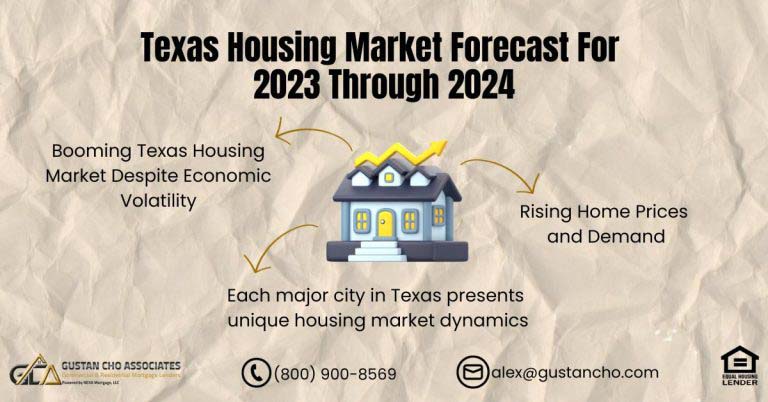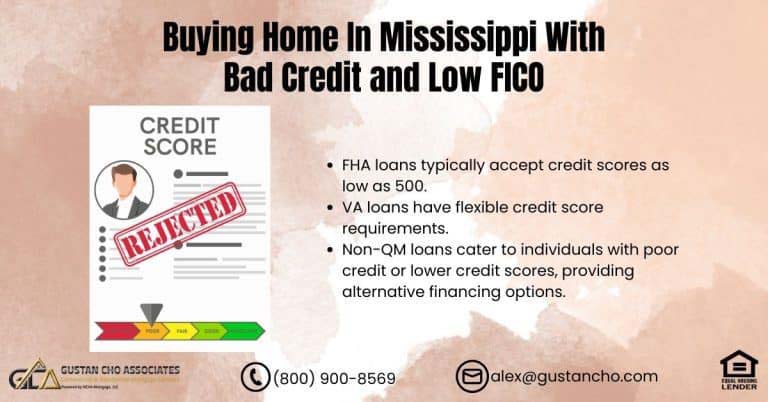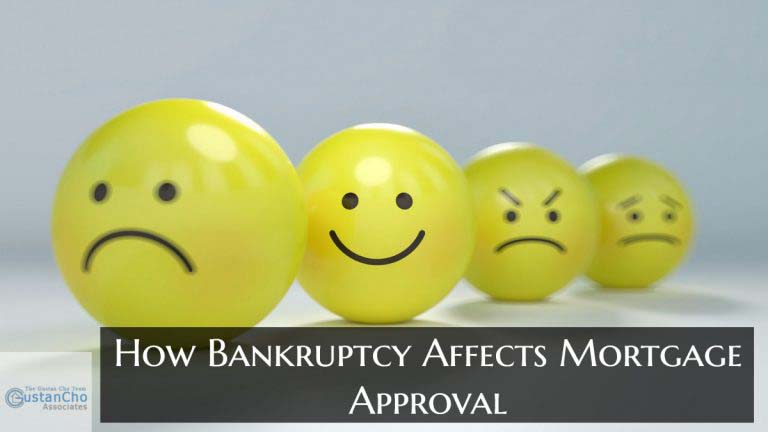This guide covers qualifying for a home loan downsizing to a smaller home. It makes no sense in having a large home when the kids leave. Many homeowners who become empty nesters only use a portion of their home. However, homeowners with a large home spend a lot of money on utilities, insurance, maintenance, and property taxes. A large percentage of our borrowers at Gustan Cho Associates are homebuyers downsizing to a smaller home. In this article, we will cover and discuss qualifying and getting approved for a mortgage downsizing to a smaller home .
Reasons For Downsizing To a Smaller Home
Qualifying and getting approved downsizing to a smaller home is not just for retirees and empty nesters. There are other reasons for downsizing to a smaller home. Homeowners who divorce often downsize to a smaller home. Other reasons for downsizing to a smaller home are illness, job loss, job relocation, and too much maintenance. Larger homes on larger lots require a lot more maintenance. More maintenance means more money.
Many homeowners who go through a divorce may not be able to afford a large home. They may consider downsizing to a smaller home or renting. Homeowners who travel a lot may need to downsize to a condo or townhome for security reasons as well as to save on maintenance costs.
Get Pre-Approved Before You List Your Current Home
Know your budget and buying power before you put your bigger home on the marketBuying Versus Renting When Downsizing To a Smaller Home
When downsizing to a smaller home, you need to consider what is better for you and your family. Qualifying for a mortgage when downsizing to a smaller home is similar to qualifying for any other mortgage, but there are some factors to consider:
- Buying versus renting
- Older folks may consider renting to avoid maintenance
- Renters do not have to worry about mowing the lawn, plowing snow, and basic repairs
- Benefits in owning your own home are you build equity, have the freedom and can decorate the property without permission by the landlord
- Pet owners can enjoy having dogs and cats whereas as a renter, they would need permission
- Landlords have the right not to renew your lease
As a homeowner, nobody can tell you they will not renew your lease. Lenders will look at your income and employment history to ensure you have the means to make mortgage payments. If you’re retiring or transitioning to a lower-paying job upon downsizing, ensure your income is still sufficient to qualify for the mortgage.
Credit Score Guidelines Downsizing To a Smaller Home
Your credit score plays a significant role in mortgage qualification. High credit scores mean better terms and interest rates. Maximizing credit scores before applying for a mortgage is best recommended. Be prepared to provide documentation of your income, assets, debts, and other financial information when applying for a mortgage. Having all the necessary paperwork ready can streamline the process.
Debt-to-Income Ratio (DTI) Mortgage Guidelines Downsiznig to a Smaller Home
Lenders evaluate borrower’s debt-to-income ratio to determine if they can comfortably afford the mortgage payments alongside other debts. If you’re downsizing, your expenses might decrease, improving your DTI and increasing your chances of qualifying for a mortgage.
Down Payment Mortgage Guidelines Downsizing To a Smaller Home
While downsizing may reduce the cost of your new home, you’ll still need a down payment. The amount required varies depending on factors like the lender, loan program, and your creditworthiness. Saving up for a down payment is essential. If you’ve built up equity in your current home, you may use it for a down payment on the smaller home. This could also lower your loan-to-value (LTV) ratio, making you more attractive to lenders. Pay off any outstanding debts before applying for a mortgage. Lowering your debt can improve your financial profile and increase your chances of qualifying for a mortgage.
Affordability Downsizing to a Smaller Home
Ensure that the mortgage on the smaller home fits comfortably within your budget. Just because you qualify for a certain amount doesn’t mean you should borrow that much. Consider your long-term financial goals and how the mortgage payments will impact your overall financial picture. By considering these factors and working with a reputable lender, you can increase your chances of qualifying for a mortgage when downsizing to a smaller home.
Downsizing Due To Financial Reasons
If you are considering downsizing to a smaller home due to financial reasons, there are things you should consider.
- In many instances, a mortgage payment can be equivalent or less than rent
- Take the tax deductions of mortgage interest expense and potential appreciation of the home, then you will be ahead of the game as a homeowner versus a renter
- Try to choose a home where the property tax is low
Many homeowners from a high-taxed state such as New York move to lower-tax states such as Tennessee. Do your due diligence before pulling the trigger.
Retiring or Empty Nester? We Can Help You Downsize Smart
Whether you’re on Social Security, pension, or part-time income, we know how to structure your fileWhat Experts Say on Downsizing To a Smaller Home
Decide what type of home you want to buy. Condo? Townhouse? Manufactured home? Single-family home? 2 to 4 unit multi-family home?
Primary Versus Second and Investment Home Mortgage Guidelines
Most homebuyers would want to purchase an owner-occupant home as a primary home. Government loans such as FHA, VA, and USDA are for primary owner-occupant home financing only. Fannie Mae and Freddie Mac allow second home and investment property mortgages. The main reason primary home mortgages is the home loan of choice is because of little to no down payment and the best mortgage rates
Homeowners who plan on downsizing to a smaller home are eligible to qualify for owner-occupant primary home financing. Lenders would want to know why the homeowner is downsizing.
If a homeowner is an empty nester and is selling their current 4,000 square feet home and moving to a 1,500 square feet condominium a block away, they would qualify for a primary residence home loan. However, if the homeowner is moving from a 4,000 square feet home to a 3,500 square feet home, that would not qualify as a primary residence. The square footage needs to be substantial. The deal needs to make sense. Otherwise, the homebuyer would need to go with an investment property loan. Investment home mortgages require 20% down payment and mortgage rates are higher.
Qualifying for a Mortgage When Buying Another Home
Qualifying for a mortgage when buying another home may be a problem if you do not sell your existing home. Most homeowners have mortgages. If you sold your existing home and plan on closing the sale of your new home and purchase of the downsized home on the same day, it will be no problem.
If you are planning on closing on your new home before your existing home sells, then you would need to qualify for both mortgages.
In the past, homebuyers of condominiums could only qualify for HUD approved condos with FHA loans. Recent HUD Condo Guidelines now allow FHA Spot Loans. What this means is condominium buyers can qualify for FHA loans in non-HUD-Approved condo complexes. VA requires VA Approved Condo Complexes. For more information about this article or other mortgage-related topics, please contact us at Gustan Cho Associates at 800-900-8569 or text us for faster response. Or email us at alex@gustancho.com.
FAQs: Qualifying For a Mortgage Downsizing To a Smaller Home
-
1. Why do people choose to move to smaller homes when they downsize? Different individuals downsize for diverse reasons. For instance, once their children leave home, empty nesters may no longer require a large house. Some others reduce the sizes of their homes in case of divorce, sickness, joblessness or transfers. Moreover, bigger homes require more maintenance which is expensive.
-
2. Does downsizing imply only for those who are retired and those with grown-up children? No, it is not just elderly people and couples whose kids have left them that can opt for downsizing. Homeowners experiencing changes in life such as separation, moving jobs or searching for less cost of maintaining property also decide to decrease the size of their homes.
-
3. Rent or buy a new home after moving into small one? This depends upon your personal situation. Purchasing builds up equity in the house and offers freedom such as decorating at will and keeping pets without obtaining permission from the landlord. It is easier to rent because there are no responsibilities towards its repair although some landlords might refuse to renew leases.
-
4. What does my credit score have to do with qualifying for a mortgage if I am considering downsizing? Your qualification for a mortgage is greatly influenced by your credit score. Better conditions and interest rates are usually given with higher scores. Ensure you maximize your credit score before applying for a loan.
-
5. What is debt-to-income (DTI) ratio and why does it matter when downsizing? The DTI compares how much money you owe each month against how much money you make on average monthly income; this helps lenders evaluate whether you can afford mortgage payments plus other debts. In fact, reducing these expenses could lead to an improvement in your DTI ratio making it possible for you to qualify for another mortgage.
-
6. How much down payment do I need in order to move into small home? A deposit varies depending on factors like the lender, loan program, and your own creditworthiness. Saving down payment is important. You may use your existing home’s equity to pay for the down payment on a smaller one.
-
7. How should I think about affordability when downsizing? Make sure that you are able to afford the monthly mortgage expense comfortably. However, qualifying for an amount does not mean that you should borrow it. Consider long-term goals and how the monthly amount will affect your finances in general.
-
8. What are some financial advantages of buying versus renting when downsizing? Through owning a house you can build equity and have tax deductions from mortgage interest payments. Also, with time, home values may appreciate. Renting a home can be less stressful because there are no maintenance-related duties but lacks these financial benefits.
-
9. How do property taxes play into this decision? Property taxes should be considered while choosing a new house. A change to another state with lower taxes or a locality with such taxes can reduce your expenses significantly. Study and contrast taxation systems of different areas before finalizing on any area.
-
10. What types of homes are best for downsizing? Determine your needs: whether it’s going to be an apartment, townhouse, mobile/manufactured dwelling unit(s), single-family residence or 2-4 unit multi-family properties; each type has its pros and cons based on lifestyle and preference.
-
11. Can I get approved for primary residence loan if I am thinking about downsizing? Yes, provided that it would represent significant downsize (e.g., moving from a 4000 sq ft house to 1500 sq ft condo) you’d qualify for financing under primary residence rules as opposed investment property guidelines; however if it was only slightly smaller might require an investor home loan instead.
-
12. Can I qualify for a mortgage while still owning my current home? If you failed to sell your present home before buying another one, you will have to qualify for two mortgages. To simplify the process, it is possible to either sell your home first or close both transactions on the same day.
For additional guidance about qualifying for a mortgage when downsizing into a smaller house, please contact Gustan Cho Associates at 800-900-8569 or email alex@gustancho.com.










